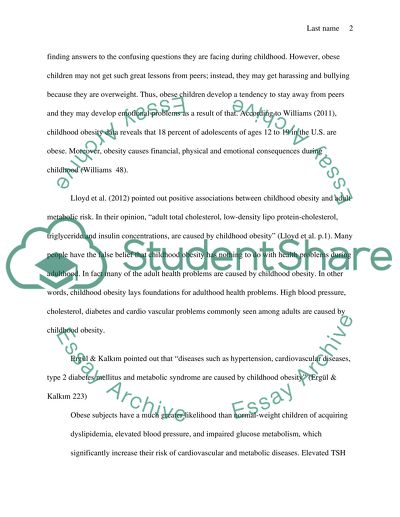Cite this document
(“Childhood Obesity and Early Development of Chronic Diseases Research Paper”, n.d.)
Retrieved from https://studentshare.org/health-sciences-medicine/1445283-childhood-obesity-and-early-development-of-chronic
Retrieved from https://studentshare.org/health-sciences-medicine/1445283-childhood-obesity-and-early-development-of-chronic
(Childhood Obesity and Early Development of Chronic Diseases Research Paper)
https://studentshare.org/health-sciences-medicine/1445283-childhood-obesity-and-early-development-of-chronic.
https://studentshare.org/health-sciences-medicine/1445283-childhood-obesity-and-early-development-of-chronic.
“Childhood Obesity and Early Development of Chronic Diseases Research Paper”, n.d. https://studentshare.org/health-sciences-medicine/1445283-childhood-obesity-and-early-development-of-chronic.


